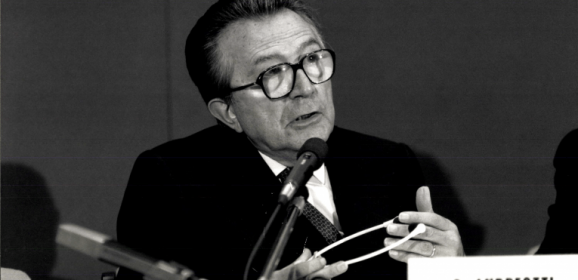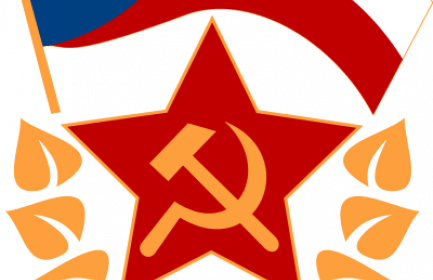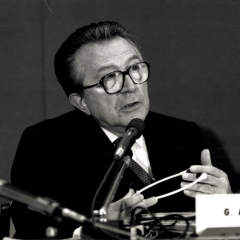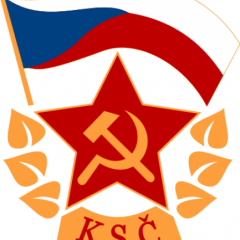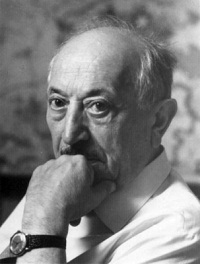The ‘Anti-Prague Spring’: Neo-Stalinist and Ultra-Leftist Extremism in Czechoslovakia, 1968-70
Sources and Methods presents fresh archival evidence and new insights into contemporary international history. We welcome submissions written in an informative but casual style that discuss the history of the Cold War, nuclear proliferation, and North Korea. The ‘Anti-Prague Spring’: Neo-Stalinist and Ultra-Leftist Extremism in Czechoslovakia, 1968-70 Kevin McDermott and Viteslav Sommer explore the role of Neo-Stalinist and Ultra-Leftist extremists in the Prague Spring of 1968. By Kevin McDermott & Vitezslav Sommer The Prague Spring has attracted much scholarly attention in the past fifty years. Historians have exhaustively documented the policies, strategies and tactics of the Czechoslovak political mainstream in 1968-69: the ‘centrist’ and ‘progressive’ reformers in the Communist Party of Czechoslovakia (KSČ) led by Alexander Dubček and their ‘conservative’ adversaries who sought to curtail any substantive change. But very little is known about the extremes of political life during the Prague Spring, on the one hand, the ultra-reactionary ‘neo-Stalinists’, who categorically rejected the vision of ‘socialism with a human face’ as an attempt to restore capitalism in Czechoslovakia, and, on the other, those rather nebulous ‘anti-communist forces’, who had never reconciled themselves to the existence of the communist system. The symbiotic relationship between these two poles of opinion is historically salient because it indicates a darker, ‘uncivil’ side of the Prague Spring reminding us that Czechoslovak political culture is more heterogeneous and composite than the standard Masarykian ‘democratic-humanist-pluralist’ mythology. Our focus here is on neo-Stalinist extremism in the KSČ, an approach which affords a fresh angle on Czechoslovak developments in 1968-70. We will briefly address three questions: Who were the neo-Stalinists? What were their main motivations and critiques of the Dubčekite reforms? What impact did they have on the Czechoslovak Communist Party during the Prague Spring and what is their historical significance? So, who were the Czech ultra-leftists? There was no single, organised neo-Stalinist faction in the party: the hard left was a conglomeration of groupings, cliques and individuals, who in purely numerical terms were marginal – perhaps no more than 2-3% of overall party membership. But their influence was disproportionate to their numbers. First, there were the so-called ‘old communists,’ most typically represented by Josef Jodas, a 65-year-old founding-member of the party praised by Soviet General Secretary Leonid Brezhnev. Jodas had suffered under the Nazis and in 1968 led a group of veteran Prague hard-liners. Second, there...
Read more


